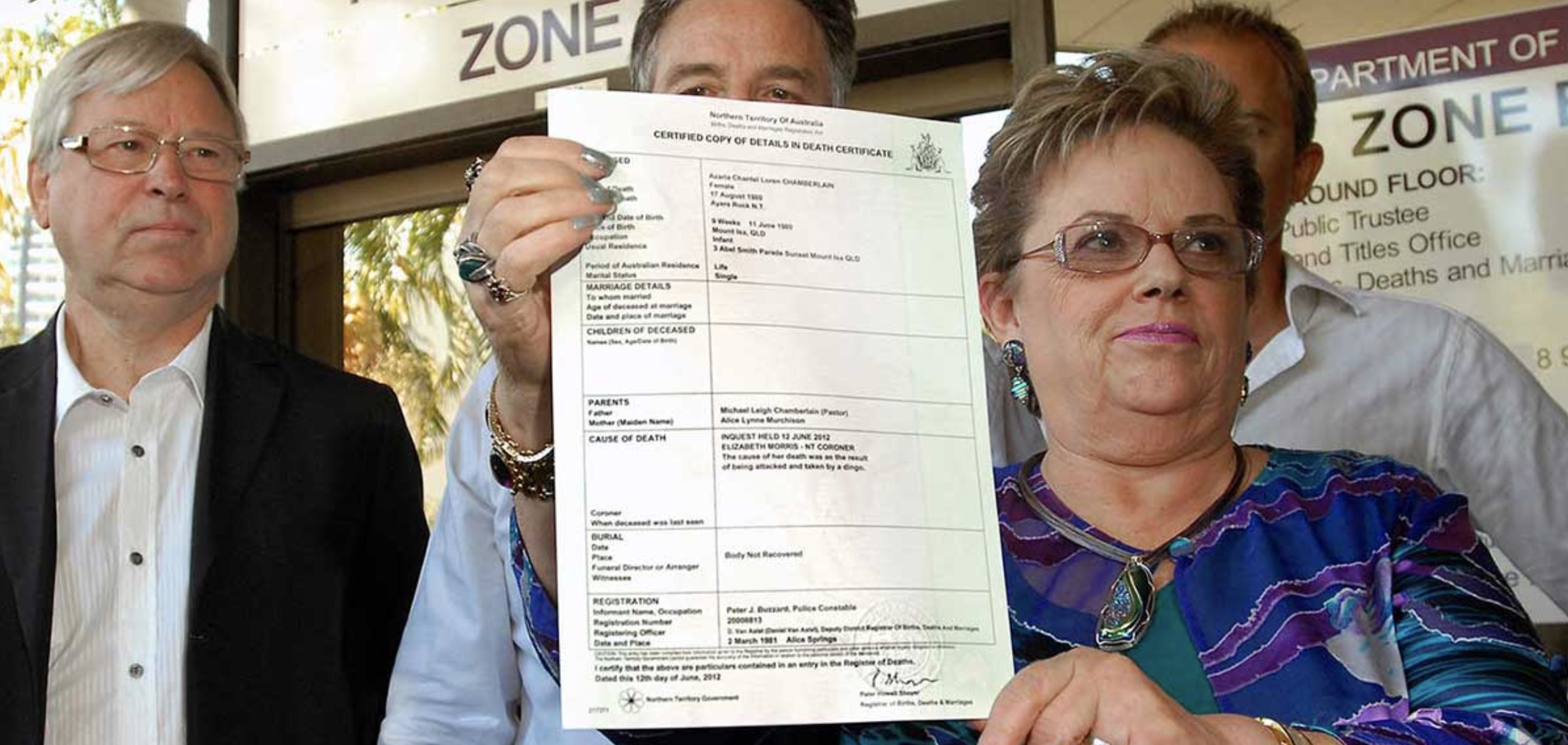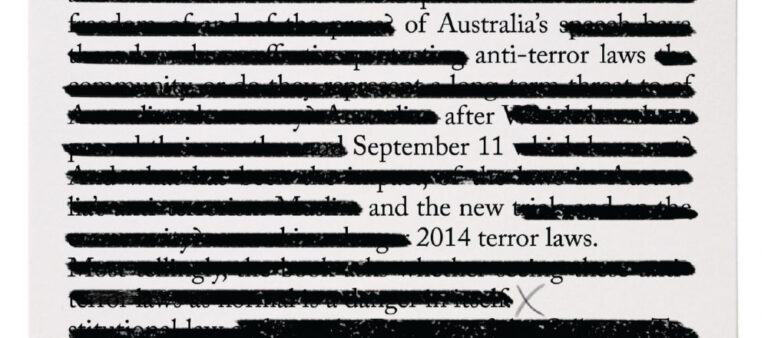
Similar Posts

Alexander McLeod Lindsay
Table of Contents McLeod-Lindsay Background Mr Alexander McLeod-Lindsay was born on 24 December 1934 and died on 17 September 2009. He was born in Scotland and migrated to Australia when he was16 years old. He came to Australia under the…

Miscarriages of Justice: The Role of Experts
Dr Cavanagh presented an article at the Hunter Regional Law Society on Friday 28 March 2025. The presentation focuses on what happens when expert evidence is misleading, when it is not based on facts and is not the opinion of…

The Mad, the Bad and The Sad: They All Deserve Some Compassion
Prisoners are often categorised as either mad, bad or sad. What does this mean really and should compassionate treatment be available to all prisoners?

Criminal Case Review Commissions and Criminal Appeal Limitations
The way in which criminal cases involving potential injustice are dealt with in NSW is flawed and lead to serious problems – Kathleen Folbigg is an example of the systemic failure. An alternative approach is offered in this lecture.

Growth of Restrictions on Fundamental Legal Rights since 2001
September 11 heralded many changes across the world. In Australia, one of those changes was a move toward greater restrictions on fundamental legal rights. This article explores some of those changes.

The Shameful Tale of What Happened to Lindy Chamberlain
Probably the most infamous case in Australia, certainly the case that has received the most publicity, which revealed the fragility of the criminal justice system, is the Chamberlain case. On 17 August 1980 Azaria Chamberlain went missing from a camp…